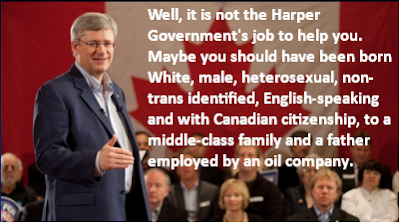Despite knowing that Facebook was tailoring its content to the individuals, I assumed that to some extent this practice was limited to advertising and news preferences. A Democracy Now interview with Eli Pariser about his new book, The Filter Bubble: What the Internet is Hiding from You, disrupted my view of how individual internet experiences differ. It also caused me to question how useful my attempts to "protect" myself were. I use an advertisement blocking application which helps filter out most of the crap companies are trying to use to sell things to me.
But I hadn't been aware of the extent of the internet filters and the virtual bubble that I could be in. After watching the interview with Pariser, I reflected on a recent experience doing research for this blog. I was trying to search for information on climate change deniers for a post and my Google searches were fruitless. Why wasn't I able to find information that conflicted with my beliefs? Google was likely trying to appease me and give me what I wanted to see.
Here is a TED Talk given by Pariser:
Pariser gives the example of doing a Google search with keywords such as "Egypt" and the different results one might get. On the Filter Bubble website, they also offer several examples. I decided to try this out myself:
This example leads me to why I think the filter bubble is dangerous for social justice oriented people and the people that tag their tweets with #p2 and #p2ca. The filter bubble is very divisive and results in people only accessing information that fits with their worldview. Without an understanding of what diverse groups of people are posting, tweeting, and blogging about, we will have a more difficult time communicating, cooperating and collaborating. And ultimately, I think that working together is the only thing that will move people forward.
Whether or not you are concerned about the social implications of the filter bubble, you are probably worried about how it might affect you personally. Well, you can "pop your filter bubble" using the clear instructions list 10 Things You Can Do from The Filter Bubble website.
Finally, take a moment to think: How did you get to this website? Let me know in the comments!




















